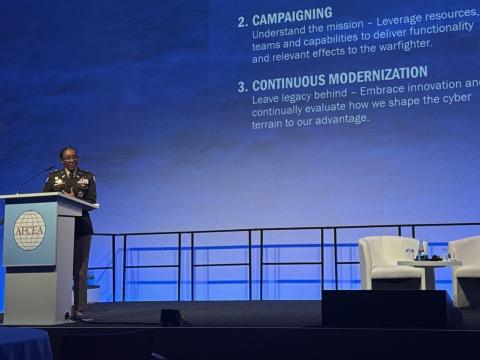International Cultural Differences Hinder Cyber Cooperation
International experts seeking to cooperate in cybersecurity measures often do not even realize how cultural issues are hampering their efforts, according to a top cybersecurity expert. Even when negotiating with friends, they often do not understand the thought processes brought to the table by their foreign partners.
Mihoko Matsubara, a cybersecurity analyst with Hitachi Systems, Tokyo, told the audience at a Wednesday panel during TechNet Asia-Pacific 2013 in Honolulu, Hawaii, that cultural differences are one the biggest challenges faced by security experts—whether they are in government, academia or the private sector. She said that cybersecurity experts must understand their allies as well as what motivates cybermarauders.
She related that Japanese experts think that Americans are too quick to make decisions and would rather hear possibilities more than pure facts. American experts believe that their Japanese counterparts take too much time to make decisions and are too rigid and orthodox.
Japan is a country that has many limits on potential cybersecurity solutions. Matsubara pointed out that, because of limitations in Article 9 in its Constitution, Japan still lacks a robust information assurance or security clearance system.
Yet, an individual can take the initiative to build a coalition. “We try to accept different views from each other,” she related. “We should accept the differences and face difficulties together.”




Comments